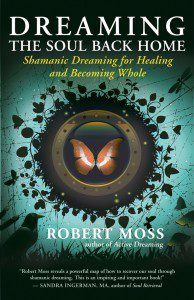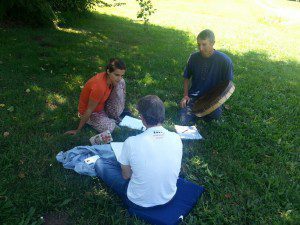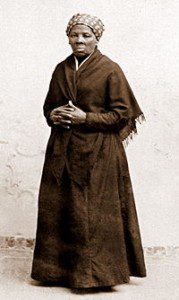 I am out in the woods in the middle of the night, on Cortes Island. I notice other figures, animal and human and hybrid, moving among the trees, taking form then fading back into the shadows. I find three clear and reliable travel companions. Red-tailed hawk scouts ahead, gray wolf flanks me on the left, bear advances on my right,
I am out in the woods in the middle of the night, on Cortes Island. I notice other figures, animal and human and hybrid, moving among the trees, taking form then fading back into the shadows. I find three clear and reliable travel companions. Red-tailed hawk scouts ahead, gray wolf flanks me on the left, bear advances on my right,
We come to the crest of a hill. Now the scene is open. There is a building in the distance, modern in style, with huge glass doors under sweeping arches. On the right side of the grassy hill is a huge glass dome. Inside, young children are playing – at least twenty of them, aged from perhaps 2 to 11, both boys and girls. They seem unaware of the world outside their glass bubble. I wonder if the inside surface of the glass is treated so they can’t see out – mirrored, or presenting the semblance of solid walls or a different landscape.
I have the clear sense that the kids in the bubble are the child selves of adults I’m working with. I’ll need to figure how to get them out without scaring them by shattering the glass.
This is my record of a lucid dream adventure that began when I set the intention of receiving guidance from the night for a group I was leading in a depth workshop on Cortes Island in British Columbia. I shared the dream with my group after opening the workshop the following day. There was a stir of excitement when I proposed that we should all enter the dreamscape, with the help of shamanic drumming, in a conscious group journey to investigate whether some of our lost boys and girls were inside the glass dome, and if so, how we could release them to reclaim their vital energy and imagination in our lives.
Before we embarked on the group expedition, I invited the twenty dreamers in our circle to recruit their own animal guardians to assist them on their missions, though hawk and wolf and bear would be available to all. We spent a little time discussing the nature of soul loss – how we are liable to lose parts of our vital energy and identity in life through pain or shame or confinement or wrenching life choices – and how a form of negotiation is often required to reclaim a child self who has been gone missing. The wounded child who may have “checked out” of an early passage in our life because the world was too lonely or too cruel will need to be reassured that we are safe and also fun to be around.
A further agreed intention for the group journey was to explore what was in the intriguing building beyond the glass dome.
The group expedition was wonderfully deep and vivid and healing for all. The preferred mode of access to the bubble was by tunneling underneath. My Bear ally used his huge paws like earth moving equipment, and then I found that the hard flat bottom of the dome could be slid open like that of a giant snow globe. Three younger versions of myself appeared as helpers; I don’t think they were with the Lost Children in the bubble; I think that they had companioned me, unnoticed, till it was time to assist the other children. I was moved to tears by the intrepid operations of these young Roberts in finding other kids and helping to persuade them that their adult selves were SAFE and could even be FUN.
When I entered the building, I found its center was a magnificent room with a vaulted ceiling where a fountain spurted at least two stories into the air. The room filled with eager children who gathered around the figure of an Old Grandfather Storyteller who told the most wonderful tales, making it clear that keeping our inner children present will involve telling and living better stories – stories they want to hear and to which they can contribute. This was a beautiful and powerful shared adventure in Active Dreaming. The stories of the twenty dreamers who found younger selves in the giant snow globe all spoke of deep soul recovery healing. Once again we see how a dream can provide a map for a journey, and that the right dream can carry a whole group to a place of healing and discovery.
For more on Active Dreaming for soul recovery, please see Dreaming the Soul Back Home by Robert Moss. Published by New World Library.

